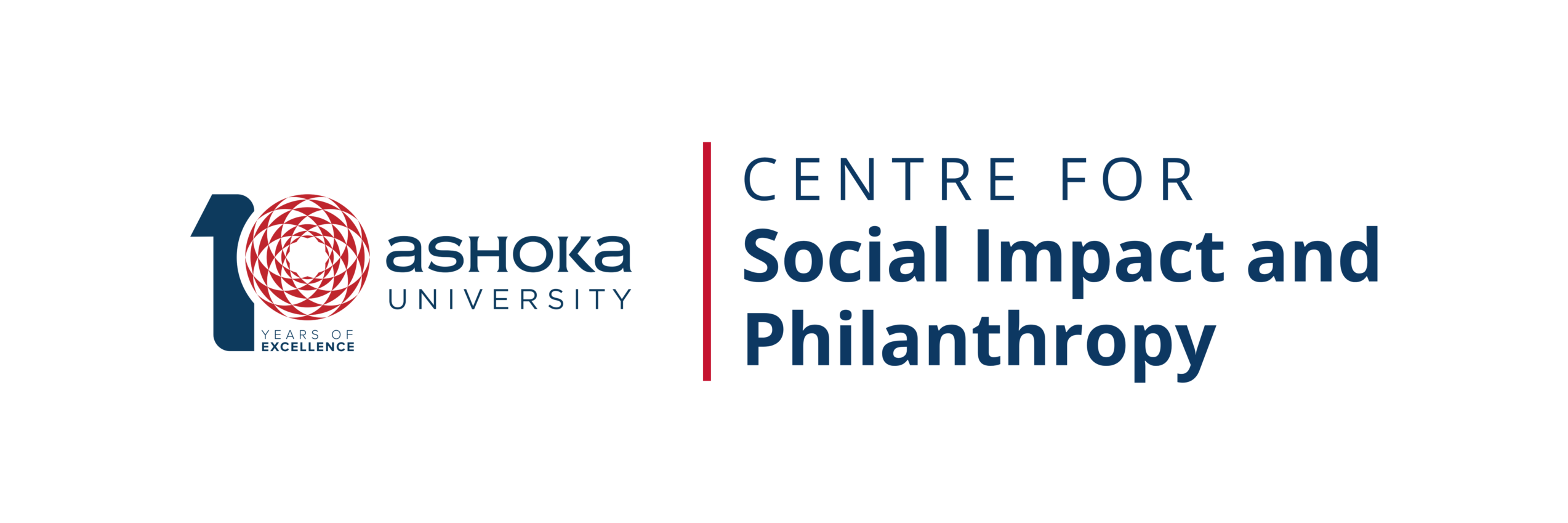Assessing the Impact of COVID-19 on India’s Nonprofits
Since March 24, we have been shaken by the images and stories of fellow Indians rendered hungry, unemployed, separated from their families, cut off from access to services, and subjected to the most deplorable conditions due to the COVID-19 pandemic and national lockdown. If not for the aid provided by thousands of nonprofit organisations and citizen groups across the country — supported by an unprecedented philanthropic response from all sections of society — the consequences would have been even more catastrophic.
Indian civil society’s COVID-19 response has taken myriad forms. Across the country, individuals, teams, and organisations have provided millions of meals, dry ration kits, and personal protective equipment; amplified health and policy announcements; directed cash transfers and other forms of temporary income support; secured transportation for stranded workers; forged partnerships and coalitions of donors, nonprofits, volunteers, and government agencies; developed research, healthcare, and technology solutions to track, treat, and combat the coronavirus; and advocated on behalf of our democratic rights and freedoms.
But how are India’s nonprofit organisations themselves coping? How has this unprecedented triple crisis — health, economic, and social — affected their operations, staff, and finances? Based on our preliminary research, many nonprofit leaders have not yet had the bandwidth to focus on what the future holds on these fronts. In turn, many donors, even those who are proactive in their funding relationships, also lack clarity on how best to support both short-term relief work and longer-term recovery efforts.
By producing “The Impact of COVID-19 on India’s Nonprofit Organisations: A Snapshot Report,” the Centre for Social Impact and Philanthropy hopes to spur India’s nonprofit leaders and funders to begin engaging on, and with, these issues.
There is no time to lose. In countries like Canada, China, Russia, the United Kingdom, and the United States, advocacy campaigns have already mobilised to support civil society at this time, including efforts to minimise job losses in the development sector. The potential losses of knowledge, skills, relationships, and capacity will be extremely hard to redress even when the funding scenario improves. Government officials, business leaders, and philanthropists must consider the potentially catastrophic effects of further delay on India’s sustainable development goals, already at risk from the pandemic.
Recent weeks have seen everyone from India’s prime minister to the general public begin to recognise the incredible role that Indian civil society has played in combating the COVID-19 pandemic and its aftermath. We hope this report will catalyse conversations on ways to ensure we can continue serving the communities and advancing the causes that need our support more than ever.
This crisis has laid bare the great gaps and schisms in India’s health, food, sanitation, education, housing and social protection systems; and the inequities of caste, gender and class that underpin them. One of the few positive consequences is that solutions long advocated by civil society are no longer deemed politically unfeasible. Seizing this window of opportunity to reimagine these systems must be a core priority for philanthropy, business, government, and nonprofit organisations in the months ahead.


